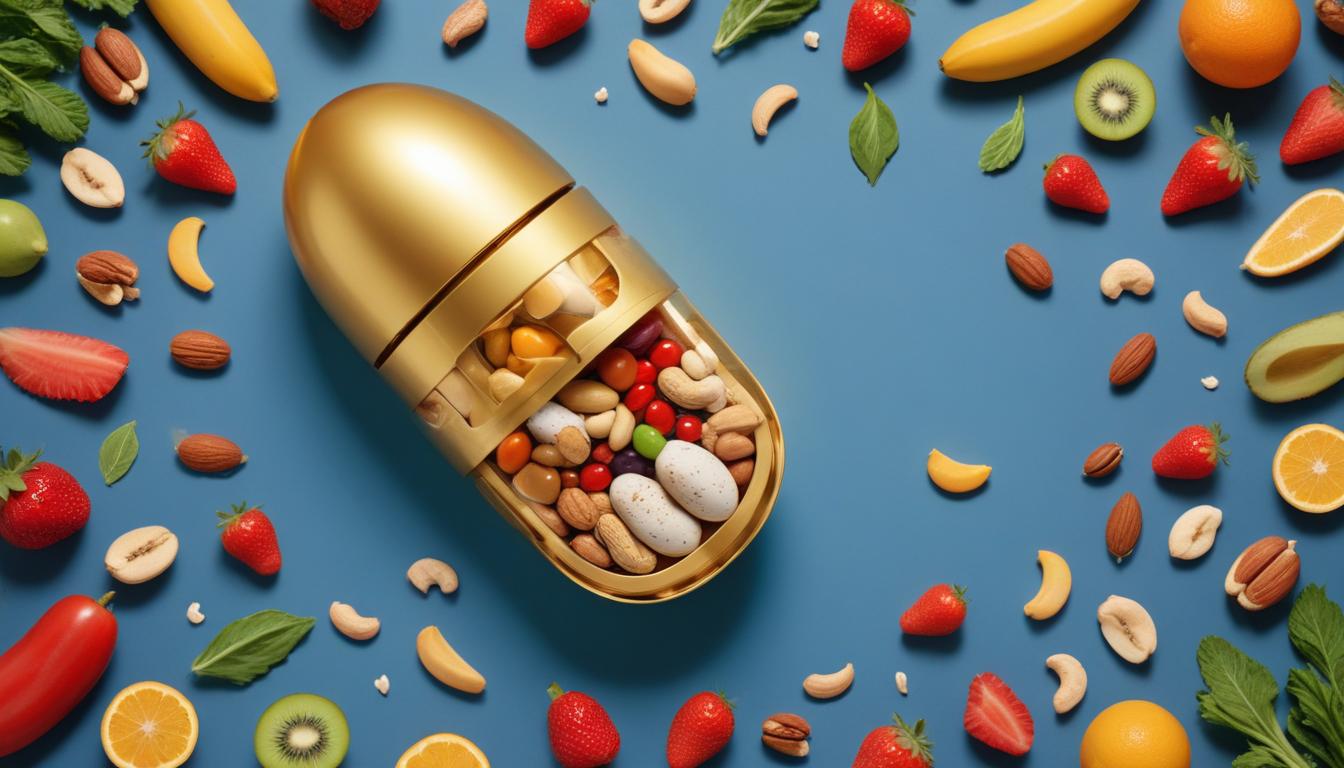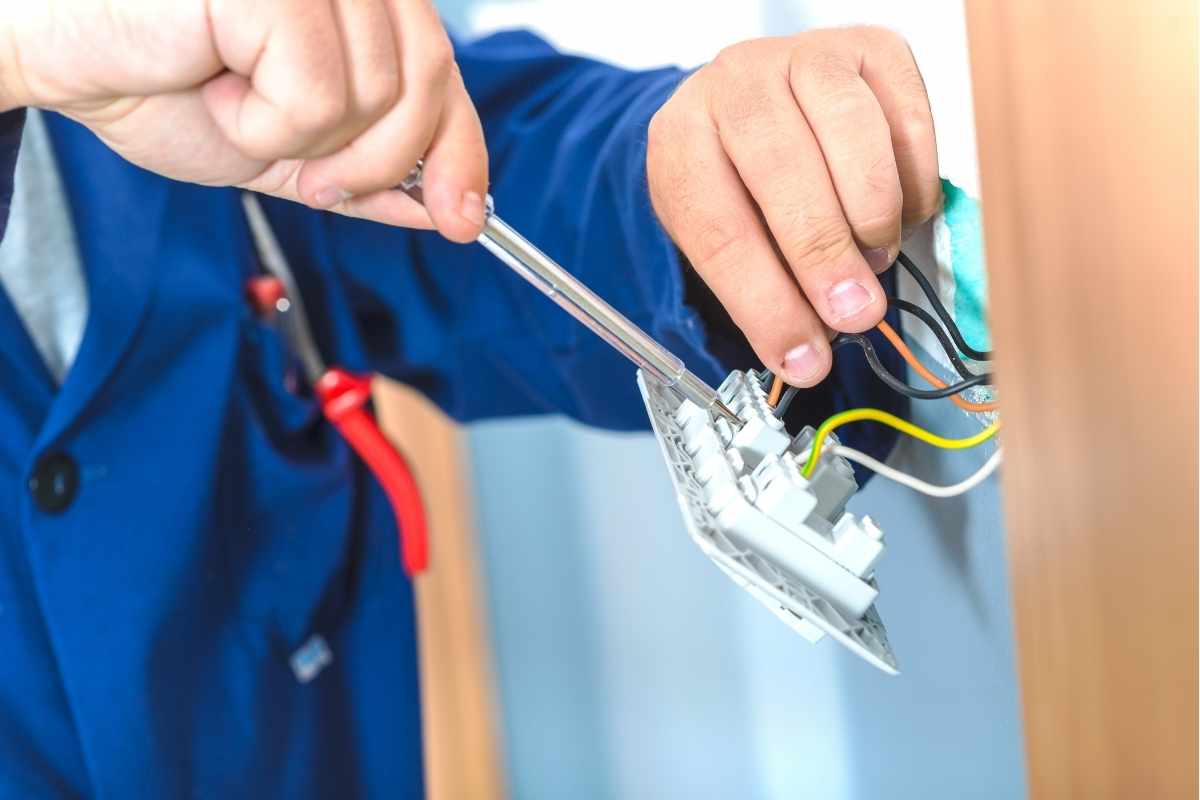Walk into a supplement store or scroll through your favorite wellness site, and you’ll see rows of products promising everything from sharper focus to deeper sleep. Capsules, powders, gummies, tinctures—each dressed in bright labels and confident claims. But behind all that? There’s something far less visible, yet way more important: trust.
What Keeps That Trust Intact?
It’s not just clean packaging or clever branding. It’s what happens behind the scenes—how your supplement is made, handled, stored, and shipped. And if you’re serious about ensuring product safety, avoiding recalls, and keeping regulators off your back, HACCP certification isn’t optional. It’s essential.
First, What Is HACCP—Really?
Let’s ditch the corporate lingo and keep this simple. HACCP (Hazard Analysis and Critical Control Points) is a safety system. It helps you spot, assess, and control hazards that could make your product unsafe—whether those hazards are microbial, chemical, or physical.
Originally designed by NASA (yes, really) to keep astronauts’ food safe, HACCP evolved into a global food safety standard. And now, it’s a go-to framework for supplement companies who want to be taken seriously.
Why Supplements Need More Than Just a COA
Dietary supplements are legally considered food in many countries—especially in the U.S. That means they don’t need pre-approval by the FDA, and manufacturers aren’t required to prove efficacy before going to market. On the surface, that sounds like freedom. But in reality? It’s a setup for disaster.
Think about it. Supplements often include:
- Raw herbs from multiple regions
- Imported ingredients
- Sensitive active compounds like enzymes or probiotics
- Allergen-sensitive fillers (like soy lecithin or whey)
- Packaging that affects shelf life
That’s a recipe for risk. Without controls, things can slip—Salmonella in turmeric, allergens in a “free-from” capsule, or moisture that turns a sleep aid into a microbial cocktail.
HACCP helps you stay ahead of all that. Instead of reacting when something goes wrong, you’re building a system that prevents it from happening in the first place.
HACCP vs GMP: Wait, Aren’t They the Same Thing?
Not quite. GMP (Good Manufacturing Practices) is the foundation. It covers facility hygiene, employee training, labeling, and general quality standards.
But HACCP certification is more focused and product-specific. It forces you to identify where hazards might pop up in your unique process, not just follow generic manufacturing rules.
Think of it this way: GMP is the house, HACCP is the security system. One gives you structure. The other keeps your product (and your reputation) safe.
How Certification Actually Works (And Yes, It Takes Time)
Getting HACCP certified isn’t something you pull off over a weekend. It’s a full process—and it should be.
Step 1: Do a Gap Analysis
Most companies start by bringing in a HACCP consultant. They look at your existing quality systems and show you where you’re exposed. Sometimes the gaps are small. Other times, you’re basically starting from scratch.
Step 2: Build the HACCP Plan
This is where you map out your production flow, identify hazards, assign CCPs, and set your critical limits. No guesswork—everything’s based on real science, not hunches.
Step 3: Train Your Team
Your line workers, QC techs, and even cleaning staff need to understand their roles. Because one person missing a sanitation step could lead to contamination down the line.
Step 4: Implement and Monitor
Time to get serious. You roll out the plan, document everything, and start monitoring—every day, not just when inspectors visit.
Step 5: Audit and Certify
You bring in an accredited certification body like NSF, SGS, or TÜV SÜD. They’ll dig through your records, inspect your facility, and—if everything holds up—grant your certification.
Step 6: Maintain It
HACCP isn’t a “one-and-done” deal. You’ll need regular internal reviews, training refreshers, and occasional recertification audits. And if your product or process changes? The plan needs to adapt too.
Do Small Supplement Brands Really Need HACCP?
Honestly? Yes. And probably more than they think.
A single contaminated ingredient or mislabeled batch can wipe out a new brand overnight—especially in the age of social media backlash and instant Amazon delistings.
Even boutique brands selling 200 jars of collagen powder a month need systems that protect them from costly mistakes. HACCP is scalable—you don’t have to build a pharma-level system from day one, but you do need a structured approach to safety. And HACCP gives you exactly that.
Quiet Benefits That Make a Loud Impact
Here’s the part no one really talks about. HACCP doesn’t just make your products safer—it makes your business better.
- More control over suppliers – When you’ve got documented expectations, they’re more likely to deliver on them.
- Fewer batch inconsistencies – Tight controls lead to cleaner, more consistent product output.
- Retail-ready – Major chains and international partners often require HACCP or equivalent food safety documentation.
- Easier recalls – If something ever does go wrong, you can act fast, isolate the issue, and fix it without destroying your inventory.
Building Consumer Trust Isn’t Just About Claims
Here’s the emotional core of it all: people trust you with their health. Whether it’s a mom giving her child a zinc gummy or someone managing stress with herbal adaptogens—they’re relying on you to get it right.
HACCP doesn’t just protect your product; it protects their belief in you. And when so many supplement companies rely on big promises and flashy marketing, being the brand that actually takes safety seriously? That’s rare—and powerful.
Final Scoop: So, Where Do You Go From Here?
In the world of dietary supplements, where competition is fierce and consumer skepticism runs high, HACCP certification isn’t just a technical formality—it’s a statement. It tells your customers, partners, and regulators that you’re not cutting corners when it comes to safety. It shows that you’ve thought through the “what-ifs,” planned for the worst, and committed to producing something people can trust. Whether you’re just starting out or scaling your brand, building your operation around HACCP principles isn’t about chasing compliance—it’s about choosing responsibility. Because behind every capsule or gummy you sell is a real person putting their faith in your product. And if that trust matters to you, then HACCP isn’t just worth it—it’s essential.


